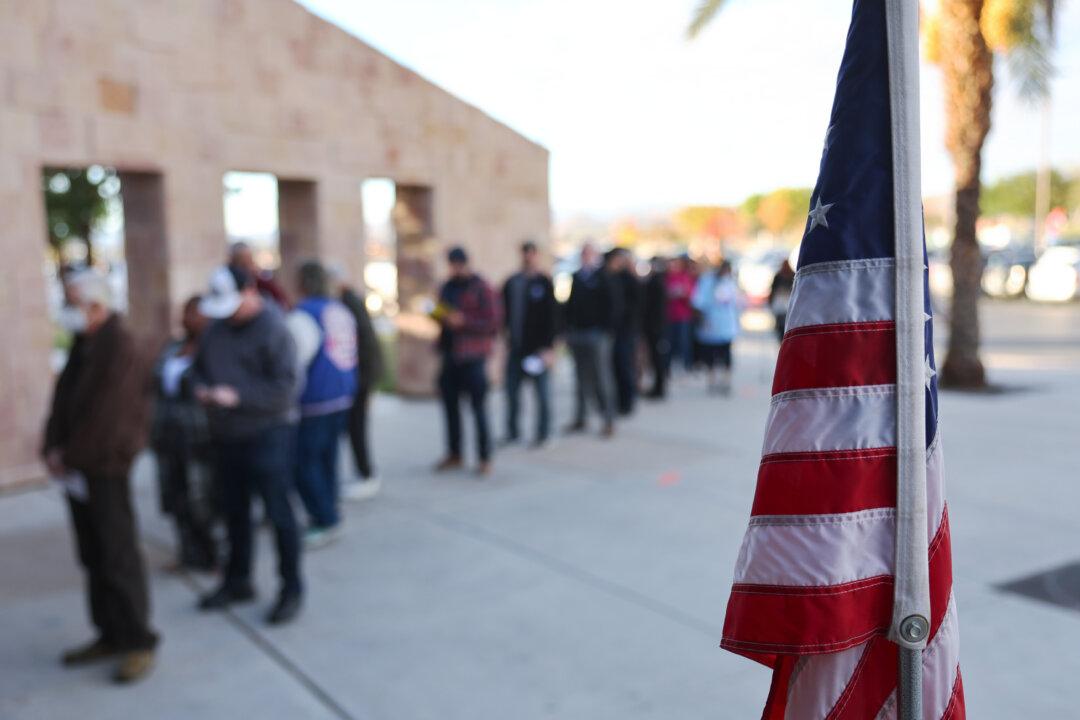A judge in Nevada has struck down a petition from pro-abortion groups to place a question on the 2024 ballot aiming to make access to abortion a constitutional right across the battleground state.
In an opinion handed down Tuesday, District Court Judge James Russell ruled that the proposed measure—which would amend the Nevada Constitution to guarantee a right to “all matters relating to pregnancy” ranging from infertility care to birth control, vasectomy, abortion, and prenatal and postpartum care—is too broad to be added to the ballot as a single-subject question.





